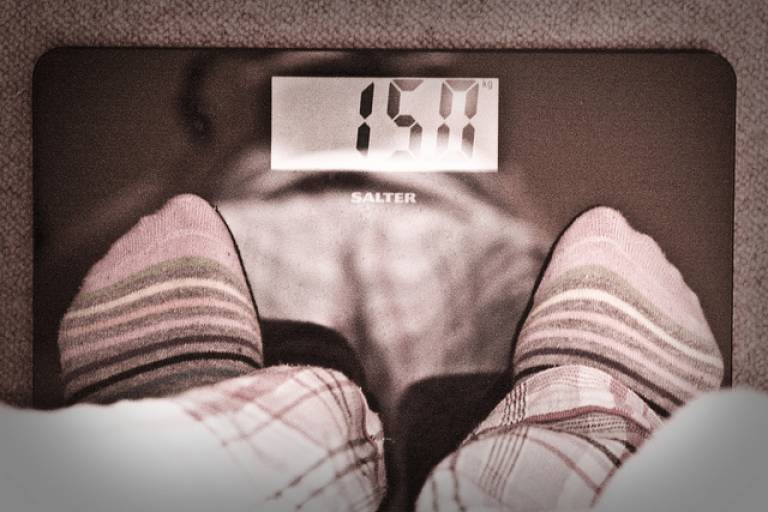When a person presents an episode of anxiety derived from stress at work or related to their personal life, they tend to seek to satisfy that emptiness with food. This is where overweight becomes present, but the direct reason for this situation is linked to the hormone cortisol. Next, we will inform you more about this disorder and we will guide you so that stress does not influence your weight.
Scientific evidence suggests that stress influences being overweight
In addition to the excessive consumption of food, anxiety, and stress also affect our rest, causing the hours of sleep to decrease. This affects our hormonal balance.
According to research in Biological Psychology 2, when our body suffers from stress, the production of leptin, cortisol, and ghrelin is affected by not having adequate rest. These hormones influence energy expenditure, promoting the accumulation of fat, especially in the middle of the body, thus demonstrating how stress can influence our weight.
What is cortisol and how does it influence weight?
In addition to stress, cortisol can be caused by a lack of sleep. People who sleep little have low defenses which cause them to get sick more often. They also often spend the entire day exhausted to the point of not performing well enough. Although it may seem unusual if we sleep the required hours (between 8 to 6 hours) we can lose weight and contribute to a healthier life.
Stress, on the other hand, is a way that the body takes to solve or defend itself from problems, however, by becoming something progressive, it causes anxiety. This disorder generates in the individual a greater consumption of food that in the long term influences weight.
One of the most efficient ways to improve our cortisol level is to keep our thoughts and ideas in control. Our neurological state depends on how we face our day-to-day.
Tips so that stress does not influence your weight
It is evident that when we control our habits we can improve our health considerably.
Drink liquids: The consumption of two liters of water a day helps in hydration, eliminates toxins, and in the improvement of our digestive system. There are also infusions such as valerian that help control anxiety and improve stress levels.
Eating 5 times a day: it is not eating excessive amounts of food, but distributing the amount of protein and calories than your body requires by portions. Remember to eat slowly.
Know what anxiety is and what hunger is: we must bear in mind that anxiety mostly disguises itself as hunger and makes us lose our goal. Reflect on whether your body really needs to consume more food or if, on the contrary, it is only trying to fill our body with extra calories.
Consumption of fibers and carbohydrates: foods rich in fibers such as legumes, rice, or wholemeal bread help calm anxiety and do not alter our diet. Carbohydrates help keep glucose levels from rising, generating a state of satiety. Include in your diet foods rich in fiber and carbohydrates.
Physical activity: exercising helps improve physical fitness. It also helps relieve anxiety and improves mood as the body releases endorphins that make us feel good. Consider doing these types of activities during times when you normally have higher levels of anxiety.
Inhale and exhale: although it seems very basic, breathing can become the key to controlling anxiety and stress. Try to count while doing it and you can even include activities like yoga in your life, you will notice the difference.
If you want to lead a healthy life, in addition to losing weight, you have to put aside the stress and worries that cause anxiety. Do not let problems affect your life, consider what you are doing wrong and change it.
The world is always changing and it is better to be informed of the changes around us. Comment down below and tell us what you think. Share this with your friends and family to keep them informed as well. Hope this has been a bright reading for you.


